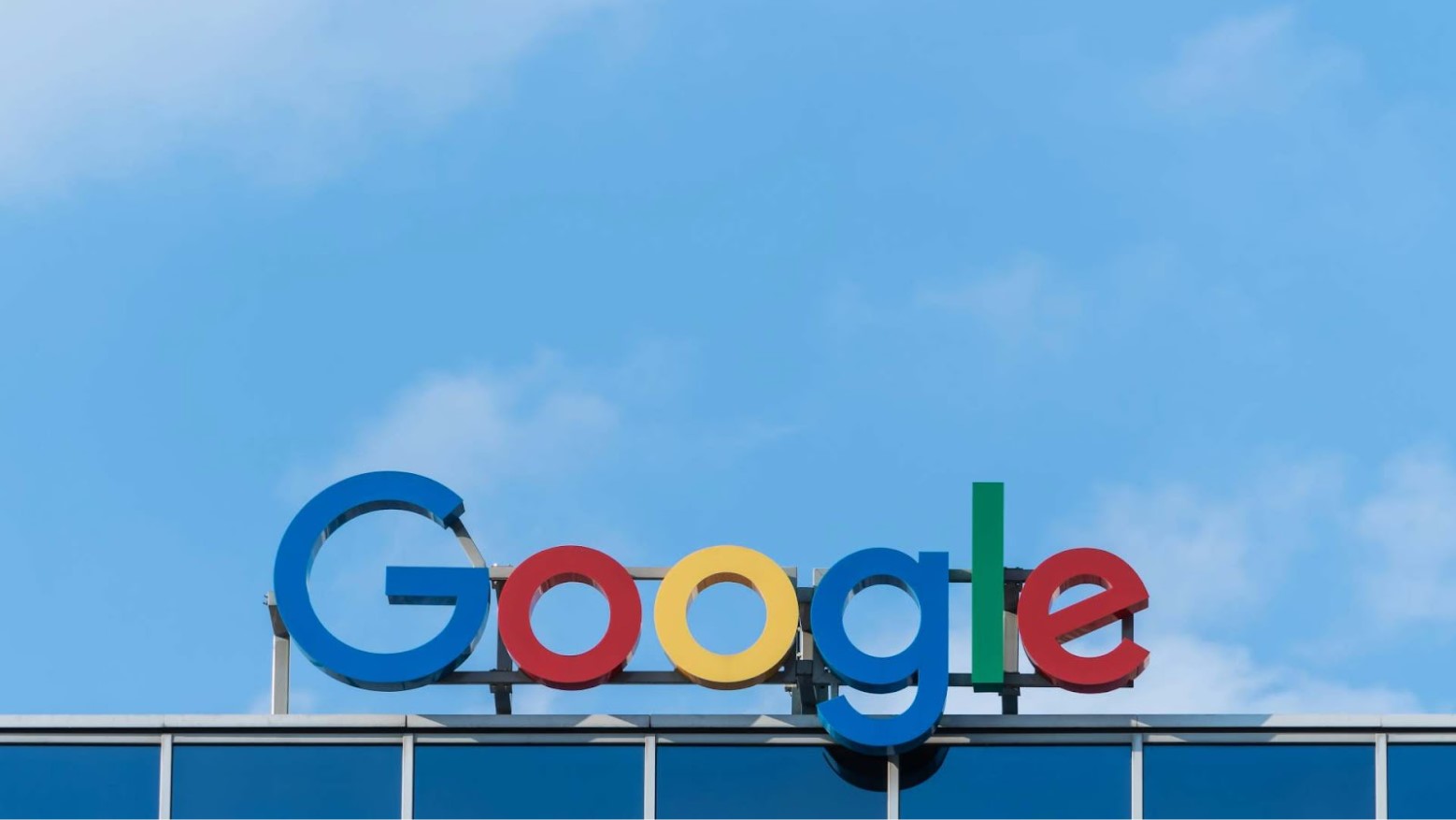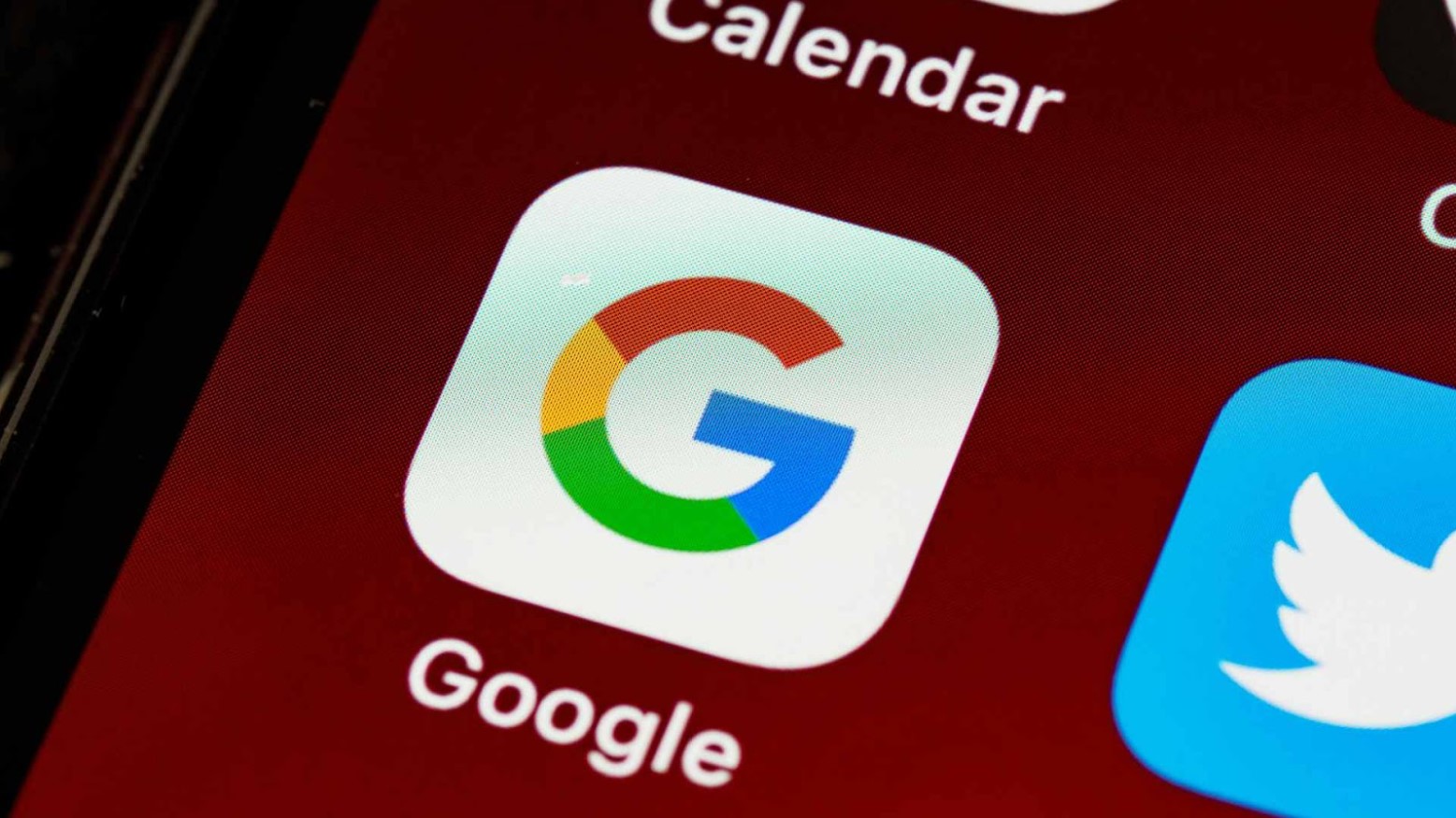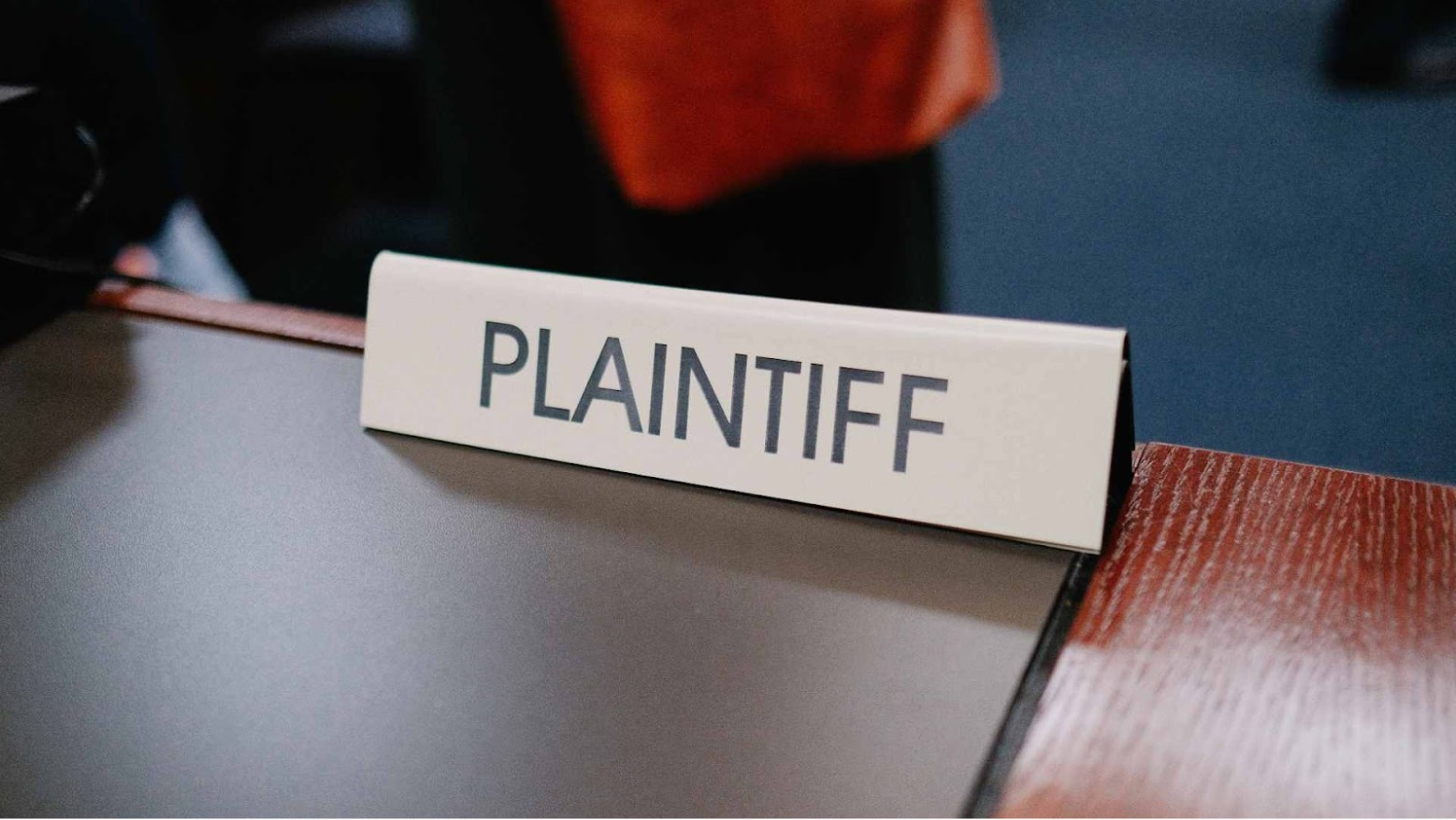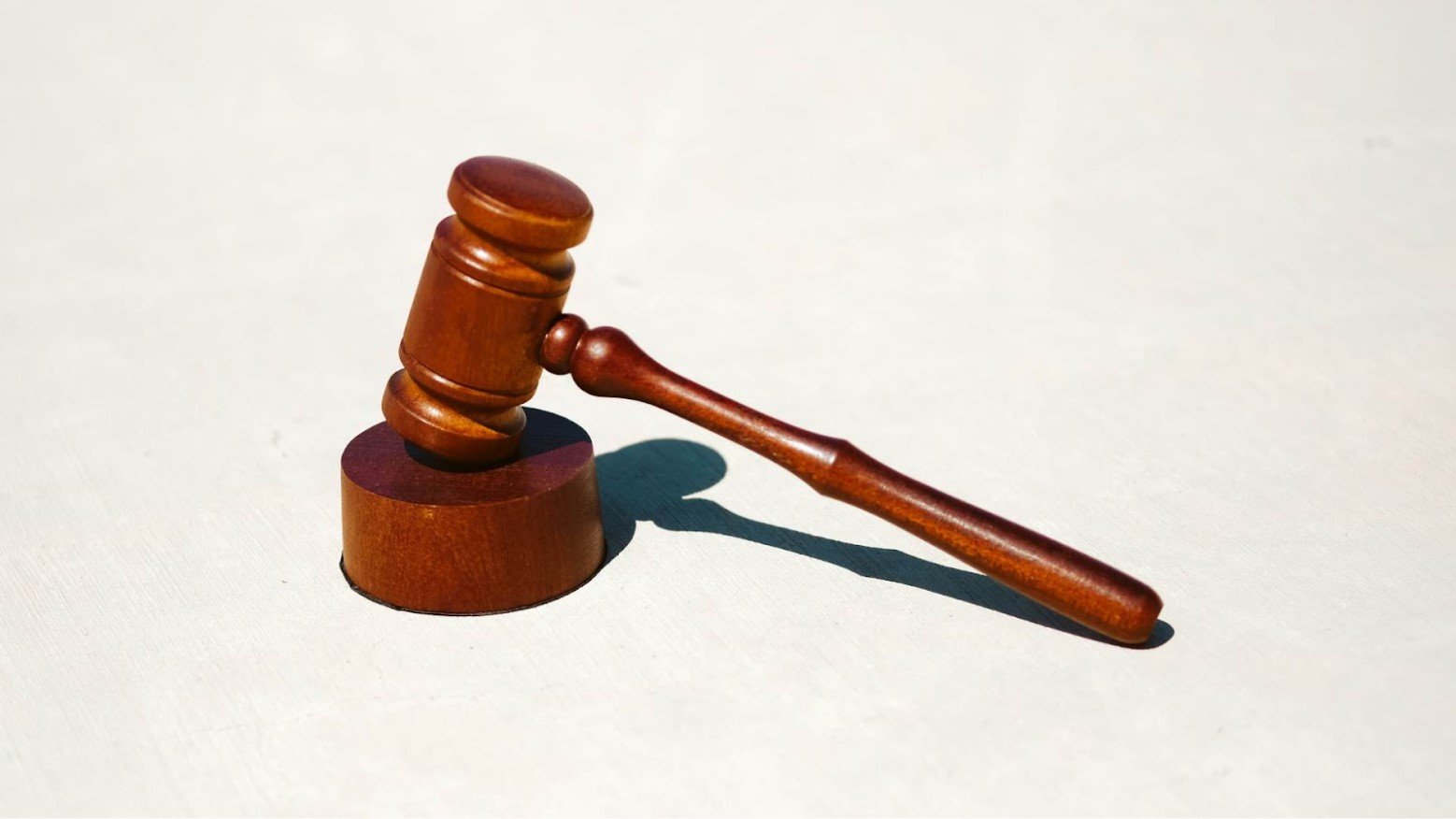California-based tech giant Google is now deleting billions of data records it had been keeping on users who were using its “incognito” private browsing mode in response to a lawsuit settlement.
The lawsuit had accused the company of improperly tracking and keeping this data when Google users had thought that these activities were supposed to remain private.
Google Lawsuit

The lawsuit against Google was originally filed in 2020 and concerned one of Google’s applications “Chrome.” One feature of Chrome is that it has a browsing mode called “Incognito” which Google says “can help keep your browsing private from other people who use your device.”
However, what some users didn’t know is that despite the description of the service as private, Google had been tracking user activity the entire time.
What is Incognito?

According to Google Help, Incognito is a way to “keep your browsing private.”
“In Incognito, none of your browsing history, cookies and site data, or information entered in forms are saved on your device. This means your activity doesn’t show up in your Chrome browser history, so people who also use your device won’t see your activity. Websites see you as a new user and won’t know who you are, as long as you don’t sign in,” the help page says.
Third-Party Cookies

One issue of contention that was brought up in the lawsuit was the handling of third-party cookies. Incognito mode allows users to block “cookies” from websites that track and log the activity on their site from different users. These cookies are helpful for advertisers to figure out customer habits and what their interests are.
As part of the settlement, Google now has to make changes to Incognito mode to allow users to block these cookie trackers for the next five years.
No More Tracking

Another part of the settlement will require Google to stop tracking people when they are trying to browse the internet privately. The company will also have to update the way it discloses to its users what data it collects when the user starts up an incognito session.
Google has already started implementing these changes in compliance with the lawsuit settlement.
Historic Step

David Boies is the chairman of the law firm Boies Schiller Flexner and was responsible for leading the lawsuit. In an email, Boies described the settlement with Google as a good first step in demanding accountability from these increasingly influential and large tech companies.
“This settlement is a historic step in requiring honesty and accountability from dominant technology companies,” Boies said.
Unprecedented Scale

Boies was ecstatic about the settlement he was able to get for the plaintiffs, which included an unprecedented scale of data deletion by such a large tech company.
“Moreover, the settlement requires Google to delete and remediate, in unprecedented scope and scale, the data it improperly collected in the past,” Boies said.
Google’s Response

José Castañeda, a spokesman for Google, put out a statement declaring the company was pleased with the settlement.
“We are pleased to settle this lawsuit, which we always believed was meritless. The plaintiffs originally wanted $5 billion and are receiving zero,” said Castañeda. “We are happy to delete old technical data that was never associated with an individual and was never used for any form of personalization.”
Could Cost Google Billions

Although this settlement does not require Google to pay a specified amount of money to its customers who were affected by the incognito mode, any customer is still able to sue the company.
While in its statement, Google was happy to not be paying the lawsuit plaintiffs anything, lawyers for the plaintiff claim that potential lawsuits in the wake of this settlement could cost Google billions of dollars.
Google’s Legal Woes

The tech giant has been facing an increasing number of legal challenges in recent times as people in the United States and across the world are becoming more wary of the influence of these giant tech companies.
In December, video game company Epic Games won a lawsuit against Google, who sued them over breaking anti-monopoly laws. A jury found that Google’s mobile phone app store constituted an illegal monopoly.
Settling Before Court

In the past, Google has fought against various lawsuits from private individuals and governments around data collection practices.
However, fighting it out in a courtroom can get costly very quickly. Now Google has increasingly looked for ways to settle the lawsuits before they can see the light of a courtroom.
Users Affected

Although the lawsuit occurred in the United States, Google will have to delete data for users outside the country as well. The settlement details were revealed on Monday, with the deal still needing to go before the court to be approved.
Customers are having increasing success with the legal system in getting large companies like Google to change their ways. With this success, more lawsuits will likely continue to go forward in the future as people come to terms with the fast-changing digital landscape of the modern world.
